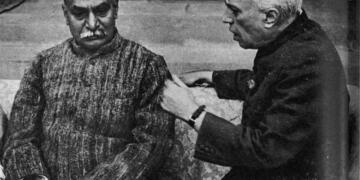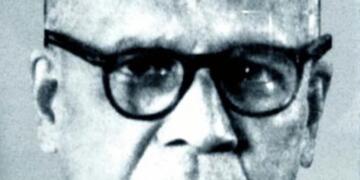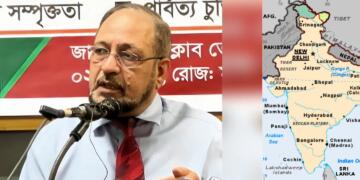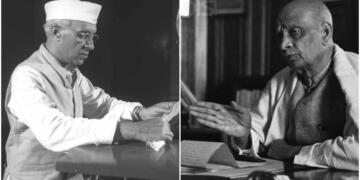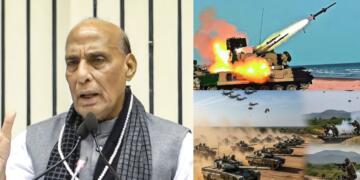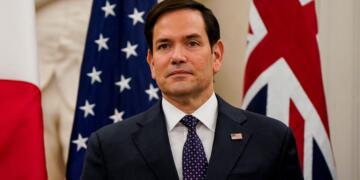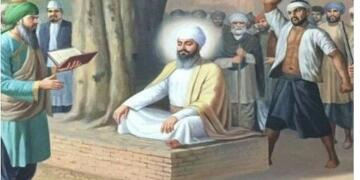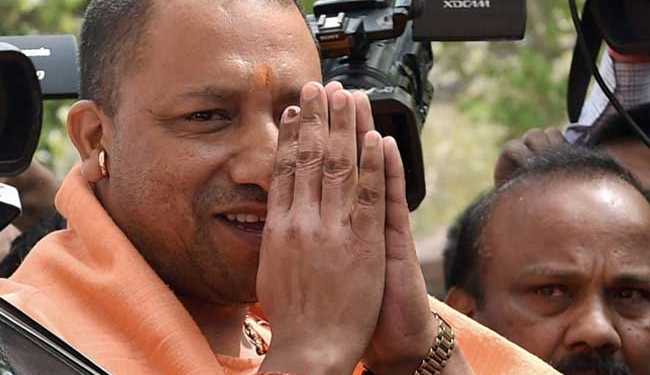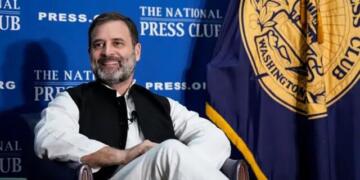Now that he is firmly in the saddle, it is imperative for Yogi Adityanath to embark on the mission of improving the state of affairs in Uttar Pradesh.
As all eyes are on his emerging as the top leader, it is expected that his every action would be subjected to scrutiny and compared only with the best in the field. But, by being a monk, who never cared for others’ opinion, it is easy for Yogi to isolate himself from the cacophony and fix eyes on his targets.
There are lots and lots of expectations from BJP and particularly from Yogi. Had the CM been anyone but Yogi, BJP might have divided the state into four. Given the larger mandate with which he became CM, Yogi may not consider dividing the state in current scenario.
The first and foremost issue he should tackle is to establish a sense of law and order in the people. Normally, Indian Police is equipped to establish law and order, but cannot discharge its duties because of political interference. All Yogi need to do is prevent his party men from interfering in police actions, including influencing the department for transfers and promotions. The party should be used as a watchdog of police. This is to prevent the state into transforming into a police state.
The other issue is that of development. One advantage Yogi has is generally the expectations of the people of Uttar Pradesh are not too ambitious as far as the government is concerned. That should be the ideal launchpad for Yogi. This was done successfully by Nitish Kumar in his first stint, when he took the reins of a lawless, hopeless and impoverished Bihar in his hands. There are many aspects of development that Yogi will need to simultaneously fulfill. Priority areas are agriculture, industry, education and infrastructure – not necessarily in the same order.
Infrastructure is one vital aspect for the state that has one of the largest rural populations. And, only highways are not going to solve the problem, though they are very much needed. Connectivity to the nearby town or city is too vital to transport the produce of villages, as well as internal roads of a village. It is not only the main road that goes through the village, but all localities of the villages.
Perhaps, the replication of ‘Janmabhoomi’ scheme, brainchild of Chandrababu Naidu that changed the rural landscape since its inception in 1996. Despite the absence of mega funds, the scheme was successful as it involved people of the locality.
Infrastructure is not only about roads, but about schools and hospitals too. Funding is shared by the government and the people of the locality, with the government’s share could be about 70%. People in the locality may provide help in the form of labour. Perhaps, this was the nascent form based on which MNREGA was drafted. Even in the days when kings ruled, during off season, agriculture labour were utilised for the construction of public facilities. While it provides round the year work to the poor, it enhances the public infrastructure.
However, there is a need to identify locations where schools and hospitals would be located in a way that would be above all types of biases.
Being one of the larger states without proper medical facilities, it is of utmost importance that the state should start the long debated ‘Diploma in Medicine’. On the suitability of this course a full book may be written so that all reasons for and against are included. But, in the present state of the state, it is an immediate requirement to have at least someone qualified to treat general ailments and seasonal diseases. It will take another two decades to develop medical infrastructure to have doctors and as was seen the reluctance of Medical Graduates to serve in rural areas (I’m not talking of exceptions), in the long term it will help to have primary health centres managed by the Diploma doctors. It is good for even the doctors to work in their native places or close. This scheme would be cost effective for the government too. Initially, these doctors would only be allowed to work in rural public health centres only and not in private hospitals and not in urban areas. Let only those who intend to serve in rural areas join the courses so that there would not be again the pressures for transfers. Similarly, the presence of teachers shall be ensured in rural schools. Maybe these schools be run in a public-private partnership.
As the state is primarily agrarian, it is imperative that the agriculture sector should be in focus. In fact, there once was a time when the elders of villages used to ensure no migrations take place from their villages. Irrespective of the farming seasons, the labour class were sustained by the land owners of the villages. However, the state of labour depended on the land owner and his whims and fancies. It was a feudal system and not the ideal one to have, without the influence of government. In fact, this has caused to establish feudal mentality that represented the people of Uttar Pradesh. It is the job of the government to prevent exploitation of the poor at the hands of rich, and this can only be done by educating the land owners of the advantages of sustaining the farm labour even during the off season. For marginal farmers, reforms in the sector need to be introduced. As the farm sizes are small, cooperative farming (not the corrupt politician controlled one) be encouraged. In the western UP, where the climate is arid and dry, storage facilities may be constructed up on priority. This would ensure water availability for years, even if it rains in the area once in two years. It is a proven thing that the water flowed out of both catchment and useable areas is lost for any useful purpose.
Facilities like cold storage need to be built through cooperative societies. Entry tax for farmers who bring their own produce for selling in all urban areas be removed, on particular days when farmer markets are allowed to operate. This arrangement, though sounds ideal to read and listen is fraught with evolution of local mafia. Here, is the vital part that the government is expected to play. Though it is difficult, efforts be made to encourage integrity in the police. Given his spiritual background, it is easier for Yogi to expound on the futility of accumulating money at the cost of others’ livelihood. He may use the spiritual organisations to propagate the virtues of being ‘integral’ to oneself, for if the society remains a corrupt one, it is not possible to grow. And, as long as people don’t see any growth happening, they indulge in being corrupt. It is vital for the CM to assume high moral authority. It is here Yogi has some advantage of his being the Yogi.
Talking of industry, first priority would be to have electricity. The electrical network of the state is one of the worst networks that India has. Having a combination of windmills and solar plants may be set up that can feed to the local requirements. Individuals having solar units with energy storage systems may be encouraged. The industry cannot grow unless the electric supply is seen and perceived as a stabilised one. Single window clearances may be given for industries that would be set up in industrial parks. Depending on the locale, the type of industrial park may be selected. Priority may be given to the industries that involve raw materials and skills available in that vicinity.
It is not that people, by default are bad. They become so due to circumstances. It is the job of government to influence the circumstances to be conducive for growth. Hope, Yogi would be successful in his efforts to transform the state. What more one can ask for, especially from a monk?


